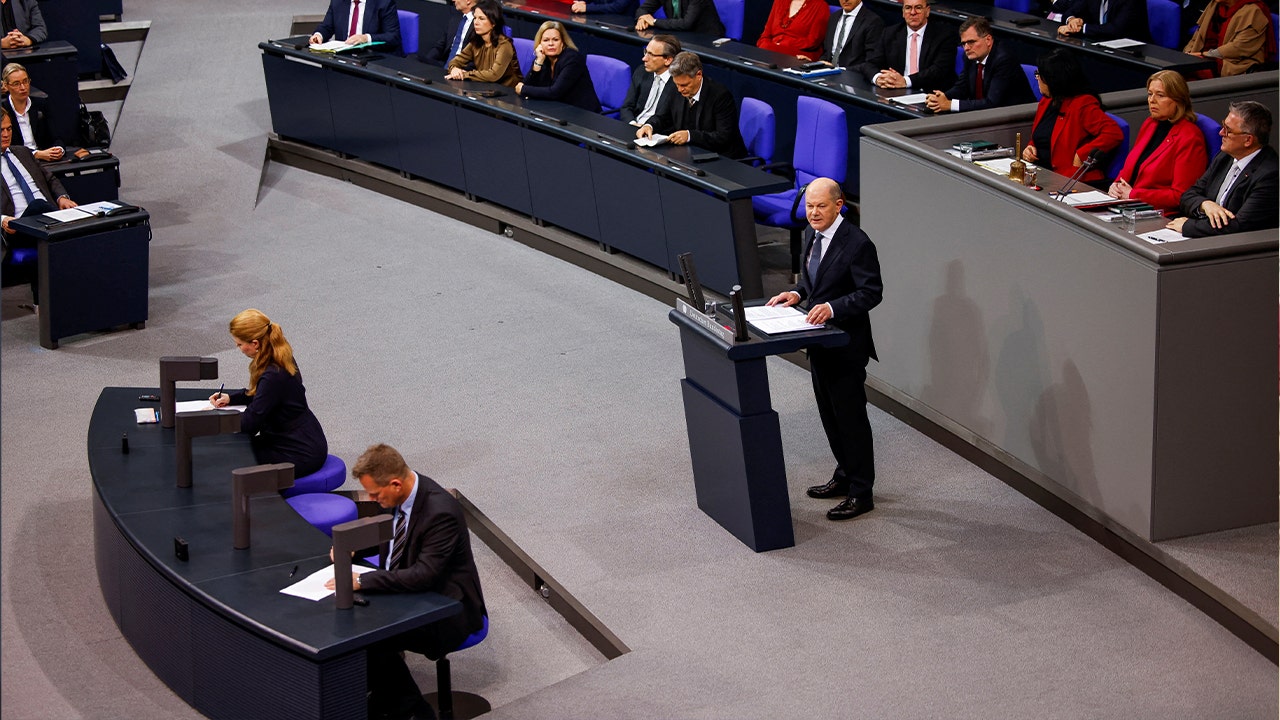German Chancellor Olaf Scholz loses no-confidence vote, election called for early next year

The German parliament has made the decision to withdraw its confidence in Chancellor Olaf Scholz and his government, leading to an early election on Feb. 23. The collapse of Scholz’s three-party coalition, triggered by the Free Democrats’ departure over debt issues, left the Social Democrats and Greens without a majority at a time when Germany is facing a deepening economic crisis.
President Frank-Walter Steinmeier can only dissolve parliament and call for an election if the chancellor loses a confidence vote. Scholz, who will lead a caretaker government until a new one is formed, defended his crisis management during the economic and security challenges brought on by Russia’s invasion of Ukraine in 2022. He emphasized the need for investment in infrastructure rather than austerity measures.
The conservative challenger, Friedrich Merz, who is likely to replace Scholz according to surveys, criticized the chancellor for burdening future generations with excessive spending. The two leaders exchanged heated remarks, with Merz accusing Scholz of failing to deliver on promises of rearmament after the Ukraine conflict began.
In opinion polls, the conservatives hold a clear lead over the SPD, while the far-right Alternative for Germany (AfD) is slightly ahead of Scholz’s party. The presence of the AfD complicates the formation of coalitions, as mainstream parties have refused to govern with them.
Scholz has proposed measures to pass with opposition support before the election, including tax cuts and increased child benefits. The conservatives have also indicated support for protecting the Constitutional Court from potential threats and extending subsidized transport options.
As the political landscape remains fractured, with the likelihood of diverse parties needing to govern together, there are concerns about the challenges the next government will face. The Greens’ chancellor candidate, Robert Habeck, warned that governing in such circumstances would be difficult.
The AfD leader, Alice Weidel, has called for the return of all Syrian refugees in Germany following the collapse of Bashar al-Assad’s regime. The upcoming election will be crucial for determining Germany’s future direction and addressing the pressing issues facing the country.




